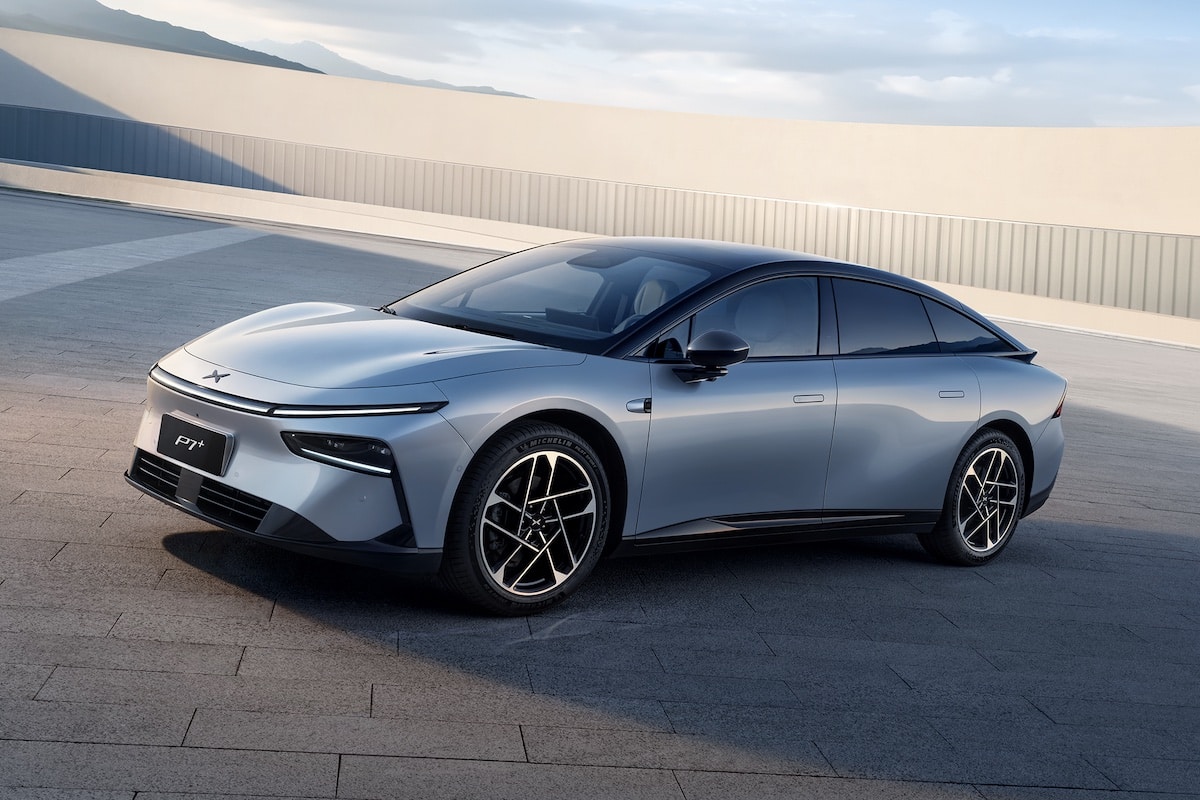Will Europe ban internal combustion engines in 2035?

Germany indeed wishes to obtain an exemption for synthetic fuels and could therefore veto the scheduled ban by Europe.
Here is a dramatic saga full of twists and turns. Like a good police series, the final vote on banning the sale of new internal combustion engine models from 2035 seems to have fuel in the tank.
Thus, the text was supposed to be ratified on Tuesday, March 7, 2023, by the Twenty-Seven in Brussels, but in recent days the positions of some member countries have shifted. After Italy and Poland hinted they would oppose it, it’s now Germany expressing doubts.
The German Federal Minister of Transport and Digital Infrastructure, Volker Wissing, has stated that Germany would not support the ban on gasoline combustion engines if no clause provided for an exception for models adapted to run on synthetic fuel.
“We have always clearly said that the European Commission should present a proposal on how synthetic fuels could be used in combustion engines after 2035 (…). What is now missing is the realization of this commitment“, clarified Wissing.
Synthetic fuels are produced from water and carbon dioxide captured from the air, using wind energy. The goal is to reduce polluting emissions during the manufacturing process.
The future looks turbulent among member countries
This departure from Germany has provoked reactions. Jan Huitema, a European parliamentarian, explained that “a huge amount of green energy is necessary” to develop this type of fuels and that the electrical energy required is very significant, even surpassing that needed for developing electric cars. “If you want to use synthetic fuels, you need five times more wind turbines, solar panels, and thus raw materials. I think this is not the right approach.”
Without Germany’s vote, the qualified majority of the Twenty-Seven is not achieved, since at least 55% of the states representing at least 65% of the European Union’s population must approve.
This page is translated from the original post "L’Europe va-t-elle interdire le moteur thermique en 2035 ?" in French.
We also suggestthese articles:
Also read





